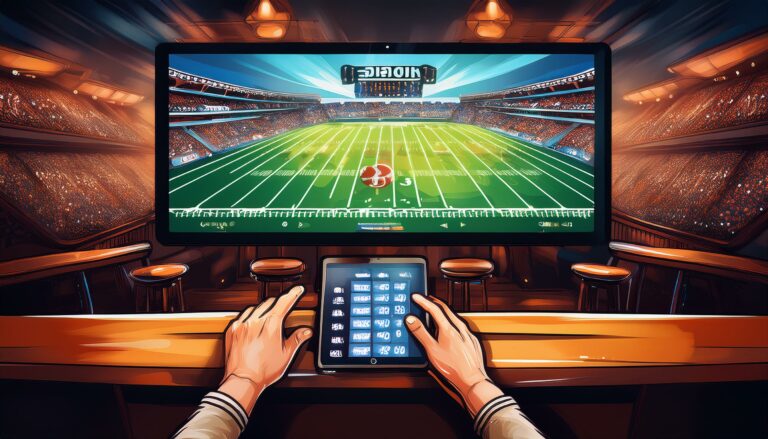Football’s impact on national identity and pride
Betbook247, 99exch:Football’s origins trace back to ancient civilizations where various forms of ball games were played. In China, the game of Cuju involved kicking a leather ball into a net, resembling the fundamentals of modern football. Similarly, in ancient Greece and Rome, ball games were popular, showcasing the universal appeal of such activities.
During the Middle Ages in Europe, different versions of ball games continued to be played, with rules varying from region to region. These early manifestations of football often had little structure or standardized regulations, emphasizing the recreational nature of the sport. Over time, these diverse games would gradually evolve into more organized forms, setting the stage for the development of modern football as we know it today.
– The game of Cuju in China involved kicking a leather ball into a net
– Ball games were popular in ancient Greece and Rome
– Different versions of ball games were played during the Middle Ages in Europe
– Rules varied from region to region for early manifestations of football
The Evolution of Football as a Cultural Phenomenon
Football has undeniably evolved into a cultural phenomenon that transcends borders and unites people worldwide. From small local matches to grand international tournaments, football has embedded itself into the fabric of societies, bringing people together under a shared love for the beautiful game. The cultural impact of football is evident in the way it sparks passion, camaraderie, and a sense of belonging among fans of all ages and backgrounds.
As football continues to dominate the global stage, its influence extends beyond the pitch and into various aspects of everyday life. The sport has inspired art, music, fashion, and even language, shaping cultural trends and fostering a sense of community among enthusiasts. With each match, goal, and victory, football cements its status as a cultural force that resonates with millions around the world, showcasing the power of sports to bridge gaps and celebrate diversity.
Football as a Symbol of National Unity
Football has long been recognized as a powerful symbol of national unity, bringing people from diverse backgrounds together to support a common cause. The shared passion for the game transcends boundaries of race, religion, and socio-economic status, fostering a sense of belonging and collective pride among fans across the globe. In stadiums packed with cheering supporters waving their national flags, the unifying power of football is palpable and undeniable.
The euphoria of a country’s victory on the football field has the remarkable ability to temporarily bridge divides and unite citizens under a common identity. Whether it be the World Cup, the Euro Championship, or any other international tournament, the success of a national team can instill a sense of solidarity and patriotism that transcends individual differences. This collective experience of joy and celebration serves as a testament to the intrinsic capacity of football to foster a shared sense of national identity and pride.
How has football evolved as a cultural phenomenon?
Football has evolved from a simple sport to a cultural phenomenon, with millions of fans around the world, influencing fashion, music, and even politics.
Can football really be seen as a symbol of national unity?
Yes, football has the power to bring people together regardless of their backgrounds, creating a sense of national pride and unity among citizens.
What are some historical roots of football?
Football has ancient origins, with early forms of the game being played in different cultures around the world. In its modern form, football has its roots in the United Kingdom in the 19th century.
How does football contribute to national unity?
Football has the ability to transcend language, cultural, and political barriers, allowing people to come together to support their national teams and celebrate their shared identity.







